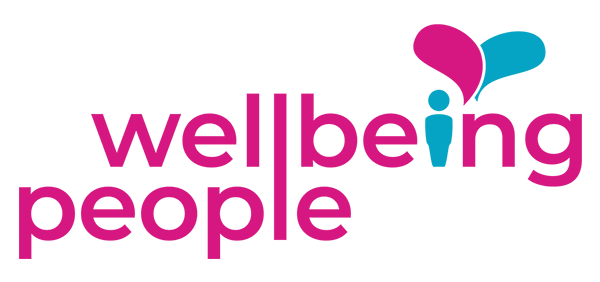What is work-related stress?
Work-related stress is when work demands and pressures become more than an individual has the capacity or capability to cope with. An employee’s performance, behaviour, work relationships, and motivation can all be affected as their mental and physical health takes the strain.
Of course, everyone is different and will respond to pressure in varying degrees. What stresses one person may not affect another. Factors such as age, ability, skills and experience may influence whether an employee can cope with the demands of their work. Resilience also plays a key role in how an individual deals with stressful situations, and if they have any other pressures in their lives at the same time.
Recognising the symptoms of work-related stress
Recognising the signs of work-related stress and dealing with it quickly will help to reduce the negative impact that stress has on our mental and physical wellbeing. Ignoring the signs can put employees at a greater risk of developing mental health conditions such as depression and anxiety. We all have the occasional day when work is very busy and we feel stressed. However, work-related stress is when stress becomes a regular occurrence that starts to affect our overall physical and mental wellbeing. Recognising the symptoms if you, or an employee, are struggling to cope with pressures at work will help to alleviate and manage stress before it becomes too much.
Mental and emotional symptoms
Some of the more common mental or emotional symptoms include difficulty in concentrating, lack of motivation or commitment to work, finding it hard to make decisions, low mood and feeling depressed and/or anxious, emotional and sometimes tearful, mood swings, feeling aggravated, irritable or angry, difficulty in relaxing and switching off, and loss of confidence.
Physical symptoms
Physical symptoms can include raised heart rate or palpitations, a dry mouth, feeling tired and lacking, in energy, diarrhoea or constipation, loss of appetite, feeling sick or queezy, muscle aches and pains, headaches, tightness in the chest or pains and difficulty sleeping.
Combating work-related stress
Getting support from your employer
It can be difficult to talk about stress at work as you may think that people will think less of you. Your employer won’t be able to help you if they don’t know there’s a problem. So speaking up is essential to get the support you need. Employers have a duty to protect employees and should take measures to assess the risks to your health from work-related stress and help you to overcome the issue and the cause.
Habits for Health Online Programme
The Habits for Health Programme is designed to break you free from the disempowering cycle of: low energy, low motivation, low mood, low self-esteem because… that’s not living!
References and further reading
https://www.bupa.co.uk/health-information/mental-health/stress-workplace
https://www.hse.gov.uk/stress/standards/
